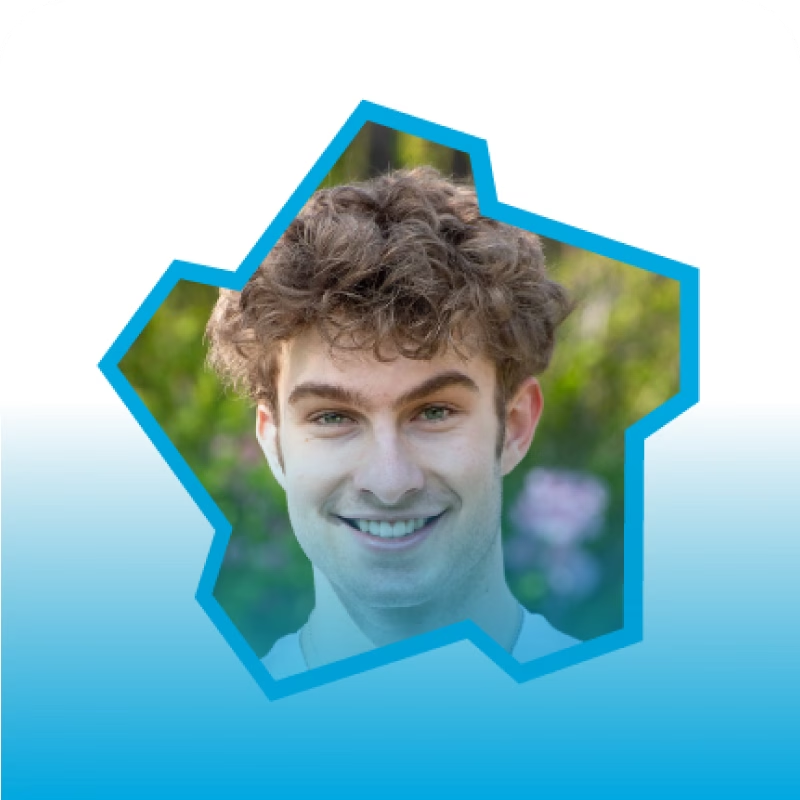Q: How does it feel to be named a Schulich Leader?
Throughout my time at Shad last summer, I was continually amazed by the passion, talent, and motivation burning bright in the hearts of each student. And while it feels incredible to have received this opportunity, I can’t help but think of the many other Shad’s and their own unique leadership skills. My impostor syndrome is strong, but after meeting with several other Schulich Leaders – it seems most of us feel similarly.
Q: What motivates your passion for STEAM/Entrepreneurship?
After several years of independent online school during COVID, Shad was a rare opportunity to work with other team members and collaborate in a group. With fewer school-based opportunities than most, I have always just kept on being authentic, passionate and accepting – hoping to lead by personal example rather than authority. However, my driving motivation behind pursuing STEAM has always been to learn from and work with other passionate teens to create something amazing! That is why my month-long, Shad Valley Science and Entrepreneurship Camp at the University of Waterloo was so life-changing to me. There was a vast diversity of experiences, voices, backgrounds, ideologies, and goals – but we all shared the common thread of many personal achievements, and a driving internal passion. Every team member contributed to the group in a way I’ve never experienced in school before, and it was honestly shocking how efficient we were. A cohesive team is gold when it comes to STEAM, and I hope to continue that trend in my university experience next fall.
Q: At Shad we are leaders in social innovation, how do you plan to use #STEAM4Good?
I am happiest at the intersection of science and visual communication and am keen to explore the applications of AI in Alberta’s film, animation, and games industries. Using computer science, I hope to explore and create tools that enhance the capabilities of independent artists, filmmakers and game developers – allowing them to share their stories without the need for costly teams and equipment. In particular, I aspire to work with virtual film production studios merging live action with real-time computer graphics to produce immersive digital worlds. As well, I’m interested in the use of computer science to detect malicious uses of AI and prevent systematic bias, political deep fakes, cloned voices, and doctored images from altering the truth. I also hope to communicate complex ideas, such as the ethics of AI, to wider audiences through interactive experiences like Virtual and Augmented Reality.
Q: What lessons would you share with incoming Shads?
Shad was integral in refining my leadership philosophy – which is that organizations work best when “we all lead.” That means, blending skills, respecting different communication styles, listening carefully to diverse voices, and empowering everyone to do their best. Sometimes leadership was a kind word, a conflict diffused, an opinion valued, a thing-not-said, a suggestion included, a request for a snack or a break, or a passionate and hilarious inspirational speech, and those could come from any of us at any time. At the end of the program, as we proudly showed our creation to the community, someone asked our group “who was your leader?” Each of us happily pointed to a different person in our group. And we all knew it was true. Coming into Shad, I had always assumed that leadership was simply making decisions and telling people what to do – and that it could only be done by one person on the team. I’ve since learned that leadership is continually communicating with your authentic voice, and being encouraging and supportive of others to use their diverse voices to passionately join in.
